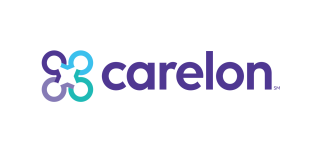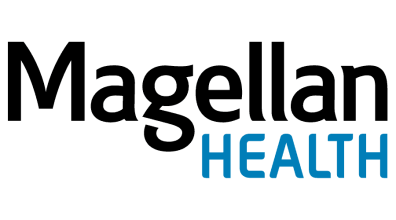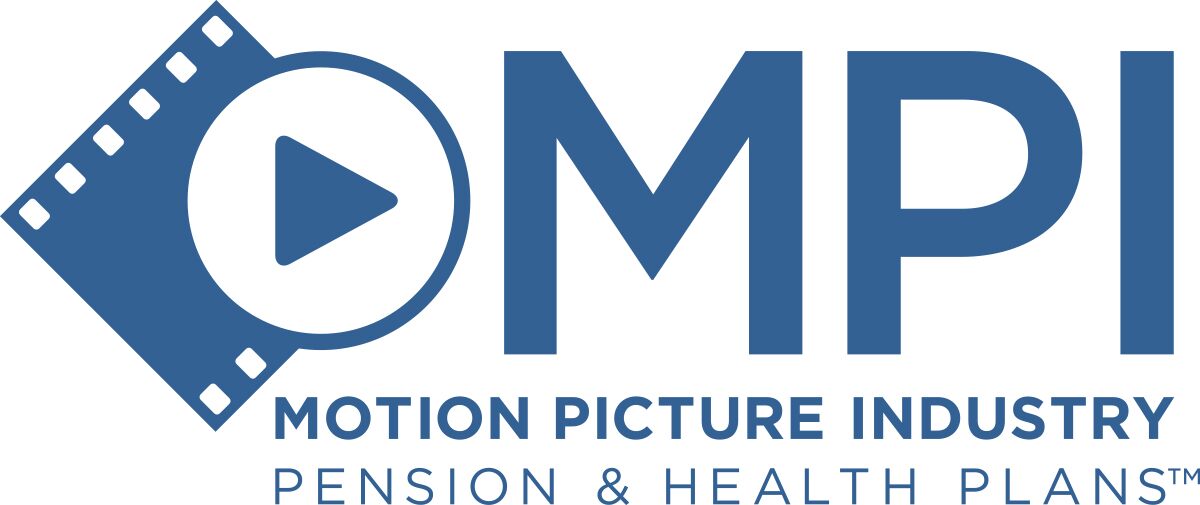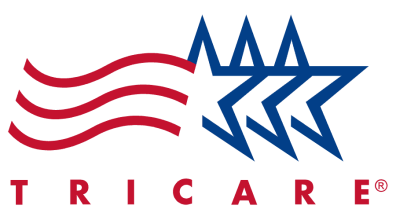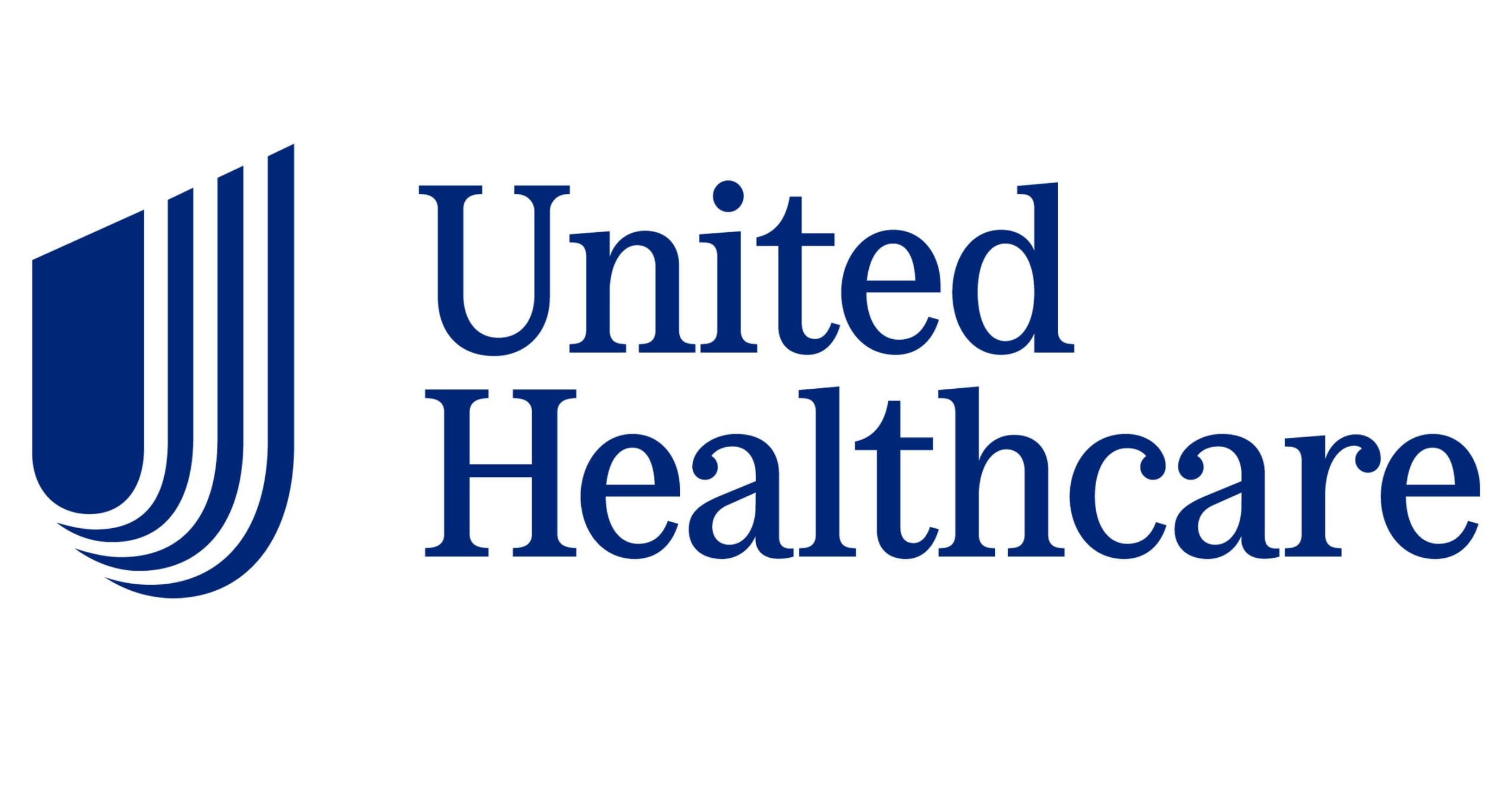Medication Management

Every patient is unique, and so is their response to medication. As specialists in treating mental health illnesses, our clinicians understand that each medication is also unique. Optimal medication management involves assessing an individual’s unique set of stressors, symptoms, physical condition, and lifestyle, including sleep, physical activity, and diet. At your initial consultation, we will take the time to thoroughly understand a patient to allow for more informed decision-making on optimal medications to treat the condition.
In addition to medication management, our specialists also oversee the other treatments provided for the patient, such as individual therapy, group therapy, telehealth, case monitoring, solution-focused brief therapy, behavioral therapies, acceptance & commitment therapy, medication management, & psychodynamic therapy.
What Is Medication Management?
Medication management is crucial to enhancing patient well-being. Medication management brings the extra accountability of assisting and adhering to prescriptions and protocol for the patients and allows them to focus on just their recovery. Medication management involves outpatient evaluation and management of psychotropic medications used to treat adult mental health conditions such as anxiety, depression, bipolar disorder, ADHD, and others.

Patients often visit our clinic because they become frustrated after having tried multiple medications without any effective relief from their symptoms. They may be hesitant to try a new medication or feel that the only answer is to take additional medication to effectively treat their condition. Some adults are also hesitant to retry medications that have not worked for them in the past but could now be helpful.
Treatment recommendations may include a variety of options, including but not limited to medications. Overland IOP provides care in an empathetic, non-judgmental, and caring manner. We believe in providing relief from mental health conditions with as few medications as possible and can help you find safer alternatives to high-risk medications. Our specialists emphasize a comprehensive assessment for an accurate diagnosis and precise treatment of various psychiatric illnesses, including attention deficit hyperactivity disorder, mood disorders, anxiety disorders, psychotic disorders, attention disorders, insomnia, and other mental health conditions.
Common Reasons for Medication Analysis
Affordability
Are you taking less than your required dosage or skipping doses because your medication is too expensive? We at Overland IOP can help you find a more affordable solution, including generic meds or trying a similar medication that is less expensive.
Accessibility
Once we have your medication management plan established, we will work with you to make sure your medications are refilled when and where you need them. This is helpful for people who might have trouble getting to the pharmacy or who frequently travel.
Medication Regimen
Patients sometimes feel overwhelmed by the number of medications they are taking. Our medication analysis includes a full review of each medication to see if there are ways to simplify your daily regimen. This can sometimes include slowly eliminating unnecessary medications and supplements.
Side Effects
Sometimes patients will skip doses or stop taking their anxiety, depression, or ADHD medication because of the side effects. Instead of skipping doses, let us help you find mental health meds that will effectively treat your condition with fewer or no side effects.
Finding Alternatives to High-Risk Medications

Even if your current medication and dosage are working just fine, it might be safer alternatives to controlled substances and other high-risk medications. These medications are often prescribed for short-term use but soon become part of a patient’s daily medicine regimen and, in some cases, can result in chemical dependency. Replacing high-risk medications with safer alternatives can provide the same amount of relief without the risk.
9 Things to Know About Medication Management for Mental Health
Mental health has long been a source of misunderstanding, fear, discrimination, and injustice. As mental health professionals, we take our roles as advocates very seriously. Perhaps no issue is more stigmatized than medication management: simply stated, the use of medication to treat symptoms of mental illness. The more we know, the less we fear!
1. Medication won’t change who you are
A common concern when beginning medication stems from a fear of the unknown: “What if my medication changes me? I’ve been this way for so long, I don’t know who I would be if I wasn’t depressed/anxious/manic/etc..”
We like to shift the question slightly, but it makes all the difference in the world: “What if your medication helps empower you to be more of yourself?”
It is true that many people on mental health medications report changes in the way they experience life… and for many people, that’s a good thing! Mental health medication is designed primarily to address the physiological symptoms of the disorder. Those are the symptoms that affect parts of you beyond your control: changes in sleep, appetite, fatigue, loss of motivation, feeling restless and on edge, racing heart, seeing or hearing things that aren’t there, etc. Those symptoms have nothing to do with who you are—that’s just your body functioning the way it is physically designed to function. Research shows that most changes in personality that arise from medication management are typically associated with the reduction of these symptoms and are usually positive (assuming the medication is correct).
It can be scary to imagine yourself living a life without your mental illness holding you back—when you have struggled for so long, it can be easy to over-familiarize yourself with your symptoms because they are familiar, comfortable, and safe. However, we are not our brains … We are affected by the way our brains function, but we are not forever defined by what our brains do.
2. There is nothing weak, weird, or abnormal about needing medication
We often hear a lot of self-criticism and frustration for “depending on a pill” to be a “normal person”. We live in a culture that unreasonably demands total control over every aspect of our being—our thoughts, behaviors, and accomplishments—and when we encounter something uncontrollable, like a mental disorder, many people blame themselves for not being able to force themselves to feel better. Our favorite way of explaining it is this: “Everyone depends on a healthy flow of neurotransmitters to function and thrive. Everyone on earth needs the right balance of serotonin, dopamine, norepinephrine, adrenaline, etc., to live full, productive, adaptive lives. Some brains produce it naturally; other brains require assistance—just like some bodies can produce their own insulin, other bodies require supplementation. If someone was in your shoes, they would need some more neurotransmitters, too.“
3. Not every medication works the same for every person
Like many medications, mental health meds are not an exact science (seems like an oxymoron, doesn’t it?), because no two bodies work exactly the same way, no two medications will work the same for one person as they do for another. The key to medication management is patience and persistence. Just because your neighbor had a quick, positive reaction to his antidepressant doesn’t mean that you will – and just because your coworker had a terrible experience with her anti-anxiety meds doesn’t mean that you will, either. You are not a failure if your medication isn’t working. It takes careful collaboration with a prescriber to help determine what unique combination of medicines your body needs to function and thrive. It can take months to find the right balance. Be open with your doctor about what you need.
4. Be wary of prescribers that don’t emphasize the importance of mental health
Research consistently shows that medication alone is not enough to fully manage mental health symptoms, yet all too often, some prescribers are willing to write a prescription for a medication without requiring follow-up from a mental health professional.
Mental health medications require oversight in order to determine if they’re addressing what they need to address. A mental health professional can help you track changes in symptoms, provide insight about whether your symptoms or side effects are normal, and help you communicate with your prescriber about your needs. Because some mental health medications have potentially serious side-effects, it’s important that you have someone help you in tracking your reaction to these meds until you know you are safe.
5. Medication is not an “easy fix” and it’s not supposed to be.
Often, some people become upset or angry if their mental health medication doesn’t completely eradicate their symptoms. Medications may remove some of the unpleasantness of your mental illness, but they do not provide you with the coping skills and education you need to make lasting changes to your lifestyle and environment. Medication doesn’t catapult you to the finish line – it merely sets you up at the starting line.
The truth is that people develop lifestyle adaptations to better cope with mental health struggles and compensate for things in life that might be lacking as a result of their mental health. Cognitive and behavioral patterns of functioning in the world become habitual, to the point where neural pathways are rewired to enforce these patterns. Fortunately, that’s what counseling is for! Mental health professionals utilize multiple therapeutic orientations and techniques to help unlearn old ways of coping and instill newer, more adaptive ways of being.
We know it takes a lot more work to seek out regular counseling than it does to pop into your doctor once every six months for a refill. Although, for meaningful, lasting changes, it is important to commit to the hard work.

6. Addictions to mental health drugs are not as common as you think
Often we encounter patients who report anxiety about becoming “addicted” to their medication and thus refuse to put themselves in the way of temptation. We want to validate that fear—for anyone who has previously struggled with addiction or perhaps has seen a loved one struggle, the idea of using a drug to regulate yourself can seem too dangerous to risk.
The research suggests that most mental health medications have low abuse potential. When people speak of “depending on a medication”, they are usually referring to the positive changes that the medication brings about—improvements in mood, relationships, appetite, sleep, etc. If you stop taking a medication and experience a re-emergence of symptoms, that is not a symptom of addiction—that is simply your brain reacting to negative and uncomfortable thoughts and feelings that it hasn’t had to deal with in a long time and wants to get away from. Working with a mental health professional can help you develop cognitive skills and coping tools to help decrease the distress you feel when unpleasant thoughts/feelings emerge.
There are some medications that produce withdrawal effects when not taken regularly, including shaking, cold sweats, irritability, nausea, etc. As we’ll talk about later, mental health medications affect more than just the brain due to the neurotransmitters involved, so the experience of withdrawal is simply your body adjusting to a sudden change in neurotransmitter transmissions. Be sure to take your medication as prescribed, and if you experience any withdrawal symptoms, contact your doctor to help manage your weaning process.
Now, it is important to note that there are some psychotherapeutic drugs that can foster physical or psychological dependence akin to addiction and may produce severe withdrawal symptoms when discontinued. Typically, these medications are used as short-term interventions (i.e., they should not be prescribed for long-term, daily use). There is a carefully monitored process for weaning off of these medications to transition to different, more long-term drugs. If you are concerned about abuse potential, don’t hesitate to ask your doctor about alternative options.
7. Don’t discontinue your medication when you feel better
We absolutely cannot stress this enough. Other kinds of medications designed for the body are meant to be short-lived interventions, to be discontinued as soon as symptoms remit… this is not the case with mental health meds. Mental health medicines help your brain regulate the flow of neurotransmitters, a function that your brain cannot do all by itself. It’s the same way an inhaler helps you breathe or insulin supports your pancreas—your body needs help, and your medication is the helper. When your helper is gone, your symptoms may come back—and if you haven’t been working with a counselor on coping skills and self-care strategies, the symptoms may feel even worse than before.
While it is true that some people may use medication and therapy for a short time to successfully manage symptoms and move forward, this is not the case for all people. Some people may require medication long-term; others may require multiple changes in medication over the years as their symptoms and bodies change.
Of course, it is absolutely your choice to decide whether or not you will continue with your course of medication. If you are ready to discontinue your meds or consider a change, we urge you to contact your prescriber to help manage the titration process. Some medications require a meticulous step-down process in order to prevent withdrawal symptoms. The way we see it if the medication is helping you feel better, why take it away?
8. Don’t let the side-effects of a drug turn you off from seeking help
Mental health medications are unfortunately notorious for having a long list of potential side effects. One of the reasons mental health meds affect you so much differently than other medications is the sheer number of neurotransmitter receptors throughout your body. The same chemicals that regulate mood, attention, and motivation are the same chemicals that regulate hunger, sleep cycles, and motor movements—at any given time of day, you’ve got chemicals all over your body! So it makes sense that when you take medication that changes the way your brain transmits neurotransmitters, the rest of your body needs time to adjust, too.

Many side effects are temporary as your system grows accustomed to your medication. Your doctor should give you specifics on what to expect and how long it might last. Your therapist can assist you in processing the discomfort and devising coping strategies to endure the challenges. Some side effects may last longer and will require lifestyle adjustments or additional medications to cope with these changes—changes in appetite, sleep, and libido are among the most distressing for many folks. This is another great opportunity for mental health counseling—your therapist can help you learn new ways of adjusting to these changes.
Remember: At the end of the day, you decide whether or not you are comfortable taking medication. In our experience, it comes down to a cost-benefit analysis: Are these side effects worth the improvements to your mental health? If you are unhappy with the side effects or don’t like how you feel on a new medication, talk to your doctor ASAP about alternative medication possibilities. As stated earlier, please do not take yourself off of any medication unless instructed by a doctor.
9. Holistic approaches to mental health are great—just know your limits
We live in an age that is seeing a resurgence of natural, homeopathic, and holistic treatments for mental and physical ailments. Hooray for this beautiful integration of healing techniques! We believe strongly in a multidisciplinary approach to wellness. There is a time and place for all things. While it is true that natural approaches to mental health can be useful in managing symptoms and increasing vitality in life, there may be some circumstances in which medication is the only way to safely and effectively reduce symptoms.
The basic rule of thumb in mental health is to look for “global functioning” and “level of distress”. Mental health providers are experts at listening for cues that suggest your symptoms are significantly reducing your quality of life, impacting your activities of daily living (ADLs), and potentially putting you in danger. If your attempts at naturalistic coping are not improving your symptoms, it may be time to consider medication—especially in the case of self-harm and suicidal ideation.
This doesn’t mean you have to abandon your naturalistic coping skills! We believe strongly that medication, counseling, and holistic treatment are beautiful remedies when used together. But how much easier would it be to go to that yoga class, or meet up with friends at the mall, or go grocery shopping for the week if you weren’t so fatigued that you can’t get out of bed or so anxious that you want to crawl out of your skin? That’s where medication can make a big difference.

Medication Management Therapy, or MMT, is a treatment designed by prescribers to institute long-term medication treatment plans and to evaluate and monitor the efficacy and safety of prescription medications that a patient has been prescribed. The five components of management medication therapy are medication therapy review (MTR), personal medication record (PMR), medication-related action plan (MAP), documentation/follow-up, and intervention and/or referral.
Managing our own thoughts and behaviors is often difficult enough to traverse when we are suffering; therefore, it is the goal of MTM not just to improve the quality of life but also to effectively get back on our feet and be able to concentrate on what is important and valued in life, such as relationships and family, while we leave the decisions regarding medicine to those who are deemed to qualify.
Services
At Overland IOP, we take a comprehensive and holistic approach, using multiple therapeutic modalities. Our dedicated clinicians tailor treatment to each individual, guiding patients to achieve their goals, improve mental health, and attain long-term recovery.
TREATMENT COVERED BY YOUR INSURANCE
Call today for same-day insurance approval & admissions!
Recovery Starts Today!
Holistic & Whole-Person Approach
We treat mental health and co-occurring disorders

Trauma-Informed Therapy
We acknowledge and address the full impact of traumatic experience
Medication Management
Personalized treatment that includes safe and effective medication
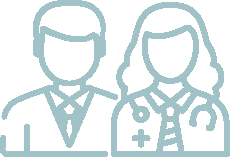
Client-To-Staff Ratio:1 to 1
Experienced and Compassionate staff
Rehab Facility Options
Our dedicated team will support you with every step of your journey
Same Day Admission
Simple intake process; you can begin your treatment as soon as the same day
Individual Therapy
Our highly accredited & licensed staff are here to help you achieve long-term recovery
Treatment Covered by Your Insurance
Call today for same-day insurance approval and admission
Drug & Alcohol Detox Options
Our committed staff is available to guide you through the entire process
Verified Testimonials

Joel Herrera Los Angeles
This is a great program, the treatment team was great and really helped me to learn to curb my cravings and reduce behaviors that I didn’t even realize had been harming me

Jeremy California
Overland IOP completely helped me to recover from many anxieties and depressive thoughts I had prior to attending treatment here. They provided me with the tools to move on and live life on life’s terms. Therapist, group facilitators, case workers are very professional. I would recommend this place to anyone with addiction and/or mental health issues. I owe my newfound freedom and happiness to this place and it’s wonderful staff!

Hakeem Yousef Los Angeles
Very satisfied with my experience! Overland offered me the support that I needed to overcome my mental health obstacles. My therapist was extremely helpful, supportive, and always knew when to ask the right questions. The sessions I had with my therapist helped me address underlying factors in order to go about achieving stability in a constructive fashion. After visiting, I can say that I have much more direction and understanding when dealing with adverse scenarios than before. thanks so much!

Janet Dade LA
Overland IOP saved me from an unhealthy relationship!!! It saved my life! The staff is all so friendly and helpful! I’ve never been to an IOP like this. Thanks to Andy , Gracie , Eden, and the rest of the staff for being so helpful and supportive and to my fellow group members!

Madie Pino Los Angeles
Great therapists, super helpful staff. This place helped me with my recovery and also personal life issues

Jessica Armstrong
I had a life-changing experience at Overland. Staff was phenomenal. I’d highly recommend to anyone struggling.

Trevor Hahn LA
Overland was a great experience. I really appreciate the staff and sense of community that was created there. I made lifelong friends that are there for me no matter what and that will help me continue this journey of recovery. The groups are helpful and helped me gain great insight into myself and my addiction. I’m super grateful I was able to find a treatment center that cared so much about me as an individual.

John Moriarty NJ
Quality IOP with a true mental health track. I have referred many clients here. New management and ownership are top notch. Andrew and his team show they care about their clients recovery and growth.












